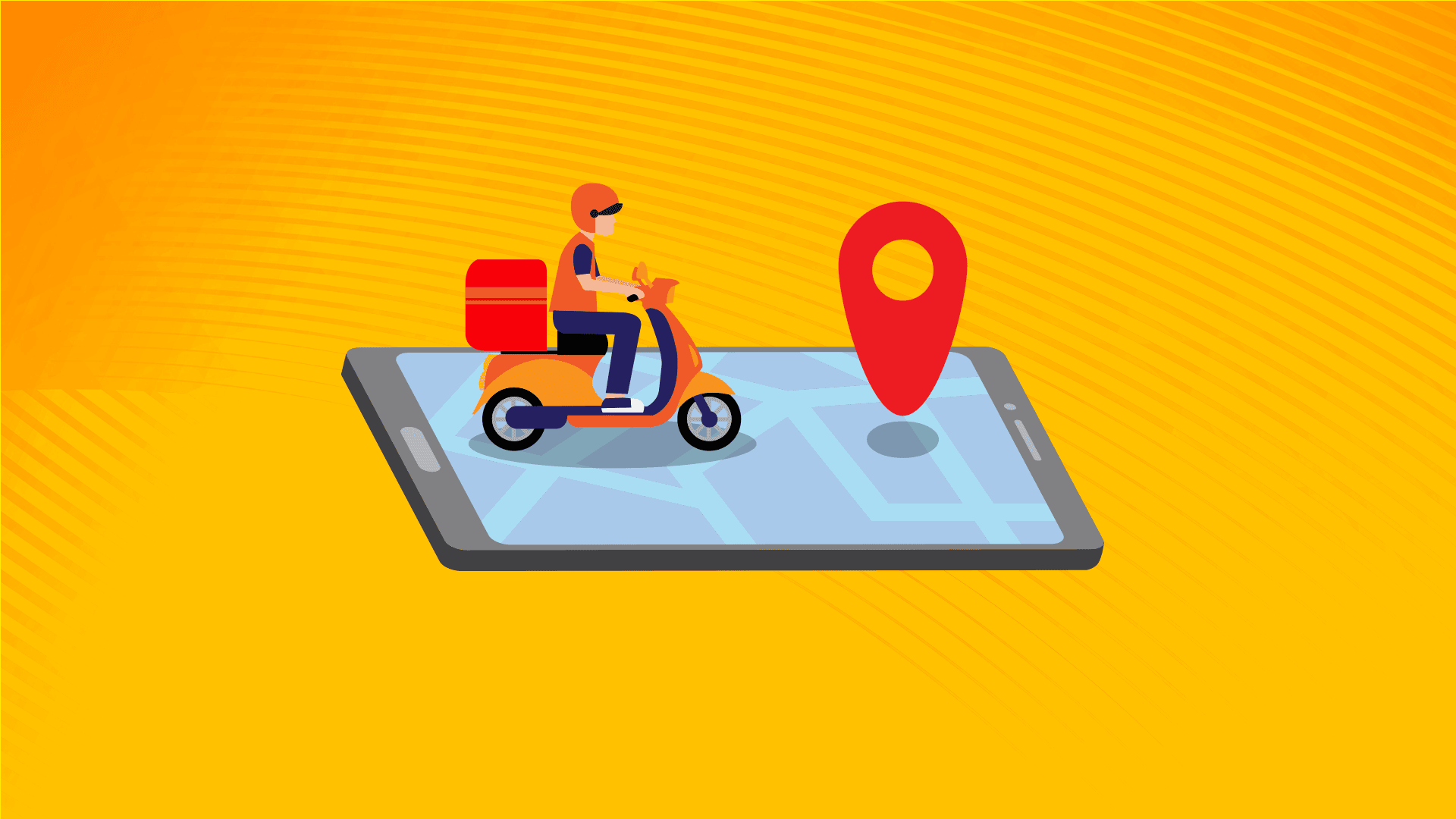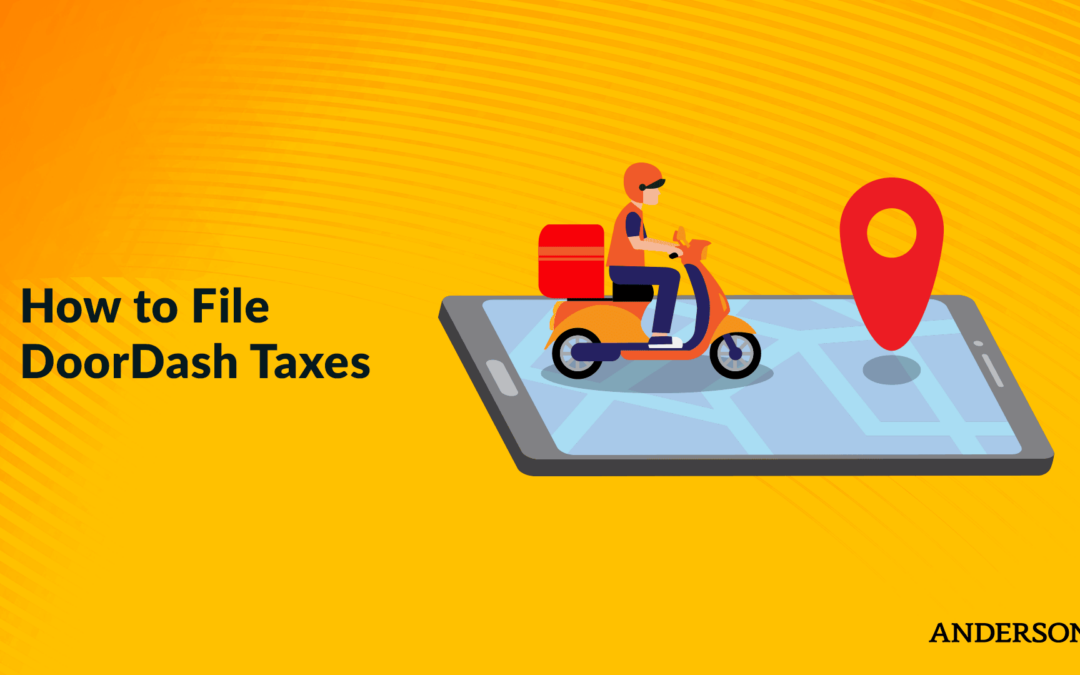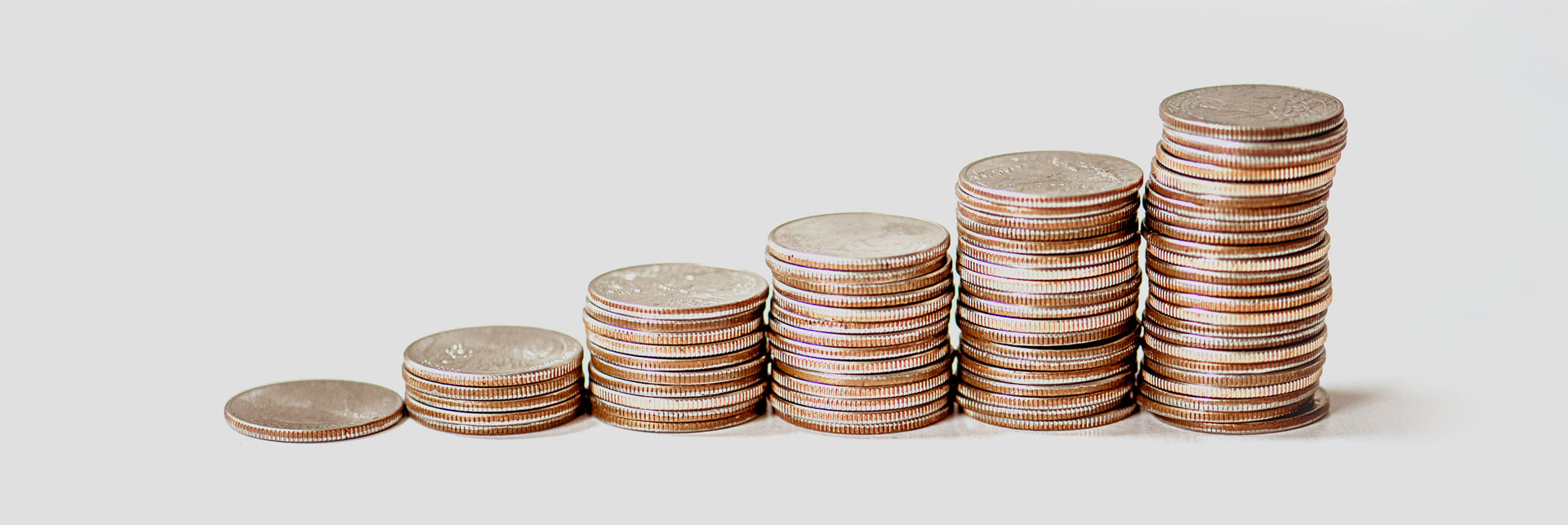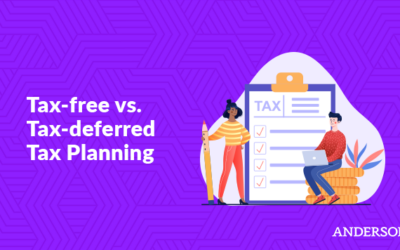
DoorDash is the largest food delivery service in the United States. Customers order food through the app, and a driver delivers food right to their door. It can be a solid gig for those looking to make a little extra income. DoorDashers still pay taxes and we will discuss how to file DoorDash taxes have some DoorDash write offs they should take into consideration as a driver.
Key Takeaways: How to File DoorDash Taxes
- DoorDash drivers, or Dashers, are considered independent contractors rather than employees and receive a 1099-NEC form for tax purposes.
- DoorDash does not withhold FICA taxes, so Dashers are responsible for reporting their income and paying taxes themselves.
- Dashers can lower their taxable income by deducting business expenses, such as mileage, parking, tolls, cell phone usage, insulated courier bags, inspections, repairs, health insurance, and retirement contributions.
- Keeping track of business expenses and leveraging tax write-offs can help DoorDash drivers minimize their annual tax payments.
- Gig economy workers and independent contractors across various industries should be aware of potential tax write-offs to maximize their earnings and reduce tax liability.
Here is what you can Write Off as a DoorDash Driver
- Mileage
- Parking
- Tolls
- Cell Phone
- Insulated Courier Bags
- Inspections
- Repairs
- Health Insurance
- Retirement Contributions
Schedule a consultation with one of Anderson Advisor’s business tax experts today to determine whether it’s possible to rent your personal residence to your business in an effort to lower your tax burden!
DoorDash drivers, also called Dashers, do not work for DoorDash. If you’re not already a gig worker or independent contractor, then it may surprise you to learn that companies like DoorDash don’t have employees running the ground-level operations (in this case, delivering food). Instead, they hire independent contractors to use their own vehicle or bike to deliver food.
This type of delivery app is typical of the gig economy, where a rideshare driver can open up an app and find work that fits into their schedule.
A DoorDash delivery driver who is ready to work can just log onto the food delivery app to take an order placed by one of many DoorDash customers. Unlike the traditional food delivery model, DoorDash drivers do not work for any one particular restaurant. Instead, the app connects the driver with available orders placed at one of the app’s partner restaurants listed within the DoorDash app.
The pay model of DoorDash is, therefore, unlike the typical employer-employee pay model. The delivery company charges a delivery fee for the food—some of which is passed on to the driver, along with the customer tip. Doordash does not pay its gig workers an hourly wage, nor does it lock them into a schedule. It’s a freelance business model, which will have different tax implications to consider.
Does DoorDash Take Out Taxes?
No, because Dashers are not employees, DoorDash does not withhold FICA taxes from their paycheck. Instead, Dashers are paid in full for their work and must report their DoorDash pay to the IRS and pay taxes themselves when it comes time.
This sounds like a real drag, but actually, it’s a blessing in disguise. This is because Dashers are essentially running their own one-man business, and that means they can deduct business expenses to lower their taxable income.
Gross earnings from DoorDash will be listed on tax form 1099-NEC (also just called a 1099) as nonemployee compensation. This is the reported income a Dasher will use to file their taxes and what is used to file DoorDash taxes.
A 1099 form differs from a W-2, which is the standard form issued to employees. As such, it looks a little different. If you’re a Dasher, you’ll be getting this 1099 form from DoorDash every year, just in time to do your taxes. Take note that companies are only required to issue a 1099 if the contractor performed more than $600 worth of work. However, major companies like DoorDash usually have these processes automated, and will likely issue a 1099 even if delivering food was a part time side gig that did not generate more than a few hundred dollars over the course of the year.
Free Strategy Session with an Anderson Advisor
Receive a detailed risk assessment to assist in lowering problem areas that could wipe out all of your assets with one wrong move. Speak with an Anderson Professional Advisor to get your FREE Strategy Session.
Limited-Time Offer: ($750 value.)
How Do You File Taxes as a DoorDash Driver
Even though you will not be getting a W-2, your income tax filing process will not be much different than those who have traditional employment. You will get a 1099 from DoorDash, which will list how much pay you received through deliveries.
Most Dashers operate as a sole proprietor, meaning there is no legal structure to their work like there is with an LLC or S-corp. As such, they will still file a personal tax return. There is a section on the personal tax return called the Schedule C on Form 1040 where Dashers can write off their business expenses.
9 DoorDash Tax Writeoffs
What business expenses does a DoorDash driver have? We’re glad you asked because it’s a lot more than you might think.
1. Mileage and DoorDash taxes at the end of the year
You should be keeping track of your work-related mileage. You can do this with one of the many available apps. Generally speaking, commuting mileage is not tax-deductible, but as a Dasher, you’re not commuting anywhere. You’re already at work the moment you get in your car.
The standard mileage rate is $0.56 per mile, and that amount is meant to reflect the cost of gas, maintenance, car loan, insurance, and even depreciation. If you don’t want to use the standard mileage, you will have to add all these expenses up yourself, which can be tricky. Sometimes, though, it will yield a bigger tax deduction—for example, if car insurance in your area is particularly high or if you had a year with a lot of car repairs. This is usually the biggest DoorDask tax write-off.
2. Parking
Sometimes you will need to pay for parking when you pick up a DoorDash order or deliver it. Though it may not seem worth it to keep track of these numbers, you should, because at the end of the year, the money adds up.
If you’re Dashing in an urban area where pay meters are common, consider using a separate credit or debit card to fund your parking expenses. In fact, this could (and should) be the card you use for all Dasher expenses. This will make certain you track your DoodDash write-offs.
3. Tolls
Tolls are another expense you can write off on your taxes. As it turns out, DoorDash does not reimburse for tolls. If you live in an area where toll roads are common, consider getting an electronic pass and linking it to the card dedicated to DoorDash expenses. This will make it easier to keep track of your toll road and bridge toll expenses.
4. Cell Phone
You need a cell phone to be a Dasher, so you can take orders and communicate with customers as needed (such as where to leave their food). A cell phone, even if it’s your personal phone, becomes a necessary piece of business equipment. The only catch is that you can only deduct the portion of costs that are being used for business.
It’s fair to say that as long as you are on the job, your phone is primarily dedicated to your work, and that can be the percentage of total phone costs you write off your taxes. Consult your personal tax advisor if you have specific questions on the best process for deducting expenses you use for work and pleasure.
Schedule a consultation with one of Anderson Advisor’s business tax experts today to determine whether it’s possible to rent your personal residence to your business in an effort to lower your tax burden!
5. Insulated Courier Bags
DoorDash is not like delivering for a specific restaurant. When you work for a restaurant, they typically supply insulated courier bags to keep the food warm during delivery But if you’re a Dasher, you’re on your own.
Courier bags are not too expensive, running around $15 for a standard pizza bag. However, if you buy several of these insulated bags, you could be looking at a $100 investment. You should have no qualms about writing these off as a business expense.
6. Inspections
Sometimes, peer-to-peer, app-based services involving vehicles will require a preliminary or occasional inspection. DoorDash is a little different because they do not require these types of vehicle inspections, though it’s a good thing to keep in mind since many DoorDash drivers also perform work for other rideshare apps that do require these inspections.
Depending on the state you live in, you may even be able to write off all or a portion of any state-required vehicle inspections. If you have questions about this process, you should ask a qualified tax professional, as different states will have different write off rules.
7. Repairs
Remember, car repairs are covered under the standard mileage deduction. However, if you look back on the year and see that you’ve had to put a lot of work into your vehicle, you might consider foregoing the standard deduction in favor of adding everything up yourself. In this case, you will have to add up your car insurance, gas, and vehicle depreciation. If you also use the vehicle for personal use, you will want to speak to a tax advisor about the appropriate percentage to deduct from your DoorDash taxes.
8. Health Insurance and DoorDash taxes
Do you pay for your own health insurance? If so, did you know that health insurance is tax-deductible? Businesses that provide health insurance certainly deduct this as a business expense, and you’re able to as well. There are a few additional requirements you must meet (according to the IRS) in order to deduct your health insurance. The main one is that you must not be eligible to receive health insurance through a spouse or parent. If you are also paying for health insurance for your dependents (spouse and children), that amount is tax-deductible as well. This can also be a big saving on your DoorDash taxes allowing you to keep more of what you earned.
9. Retirement Contributions
If you’re an independent contractor and you have a tax-deferred retirement plan, like a Solo 401(k), the money you put into that account is also tax-deductible. Some of the most common retirement plans for self-employed individuals are the SEP-IRA and the SIMPLE, and the upper threshold for contributions to these plans is actually quite high.
For example, you can contribute as much as $58k to a SEP. In terms of writing off that contribution on your tax return, you can take up to 25 percent of your income or the actual dollar amount contributed, whichever is less. Speak to your tax advisor on the best way to leverage the benefits of writing off retirement contributions, because some of the tax laws in this area can be quite generous in terms of lowering your total taxable income.
You Have to Pay Taxes on your Income as a DoorDash Driver
But There Are Lots of Write offs Against Your DoorDash Taxes
If you’re a Dasher, these Doordash write offs are important when it comes time to file your taxes. But even if you’re not a Dasher, you should certainly pay attention to these tax write offs—especially if you are self-employed or participate in the gig economy.
Companies that provide an app facilitating peer-to-peer activities, like ridesharing and freelance work, all issue 1099 forms. If you’re getting one, then you are operating as a sole proprietorship company, and you can write off the associated expenses that are needed to perform your work, which in turn can lower your annual tax payments.
If you have more questions about filing taxes as a gig worker/independent contractor, please join our free Tax Tuesday live stream. It’s a great opportunity to get advice on sole proprietorship tax issues, straight from the Anderson Advisor’s experts themselves.
Bonus Video
Free Strategy Session with an Anderson Advisor
Receive a detailed risk assessment to assist in lowering problem areas that could wipe out all of your assets with one wrong move. Speak with an Anderson Professional Advisor to get your FREE Strategy Session.
Limited-Time Offer: ($750 value.)















